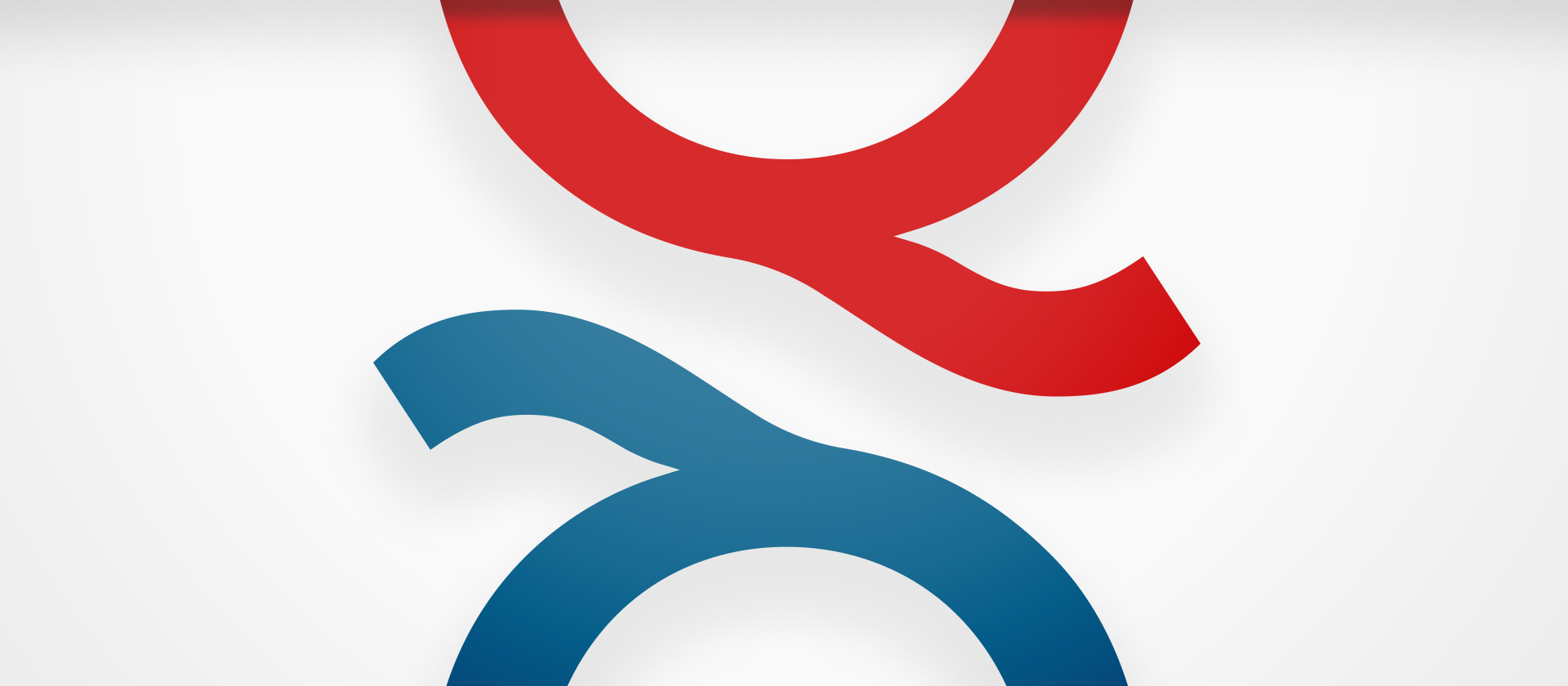
Politique-Fiction
What if (design) fiction could help us anticipate the possible implications of political programmes and imagine the democracy of tomorrow?
Politique-Fiction is a self-funded, cross-partisan project initiated by our studio and Max Mollon (Laboratoire des Déviations Écologiques), with the collaboration of the Design Fiction Club and La Gaîté Lyrique (Paris).
The first season speculated on the potential impact of the political programmes of five of the main candidates in the April 2017 presidential election, before the first round.
Through several phases of workshops and debates, this inaugural edition of Politique-Fiction allowed voters to project themselves into the France of tomorrow, focusing on the key issues of the presidential campaign. The approach centred on the major themes of the main election: governance, transparency, education, economic, and cultural policies. These different angles were explored through the lens of the “future of work”, which was at the heart of the candidates’ programmes.
For each candidate, two design fiction scenarios were imagined, extrapolated from the candidates’ actual proposals: one near-utopian fiction (“What would happen if everything went as promised in the political programme?”), and a second, more critical one (“What if the implementation of this programme led to unforeseen side effects?”), exploring the grey areas of the programme. The scenarios and their design fictions were presented as fictional newspaper articles from a more or less near future, offering a glimpse of how the French might experience these political transformations. To envision this, the scenarios considered how different profiles of citizens would interact with the new products and services resulting from these political measures.
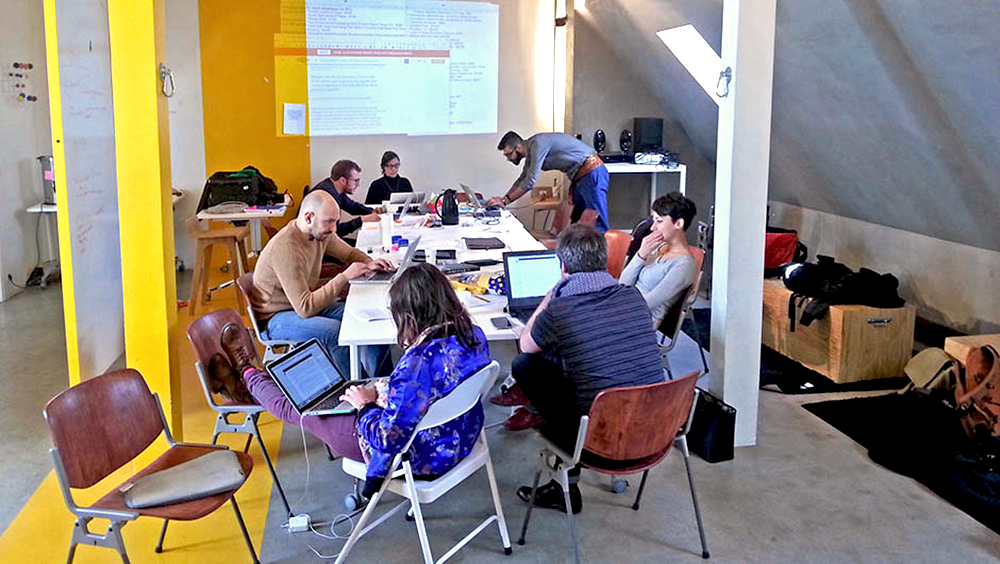
↑ Live from the co-scriptwriting session of the first edition of Politique-Fiction.
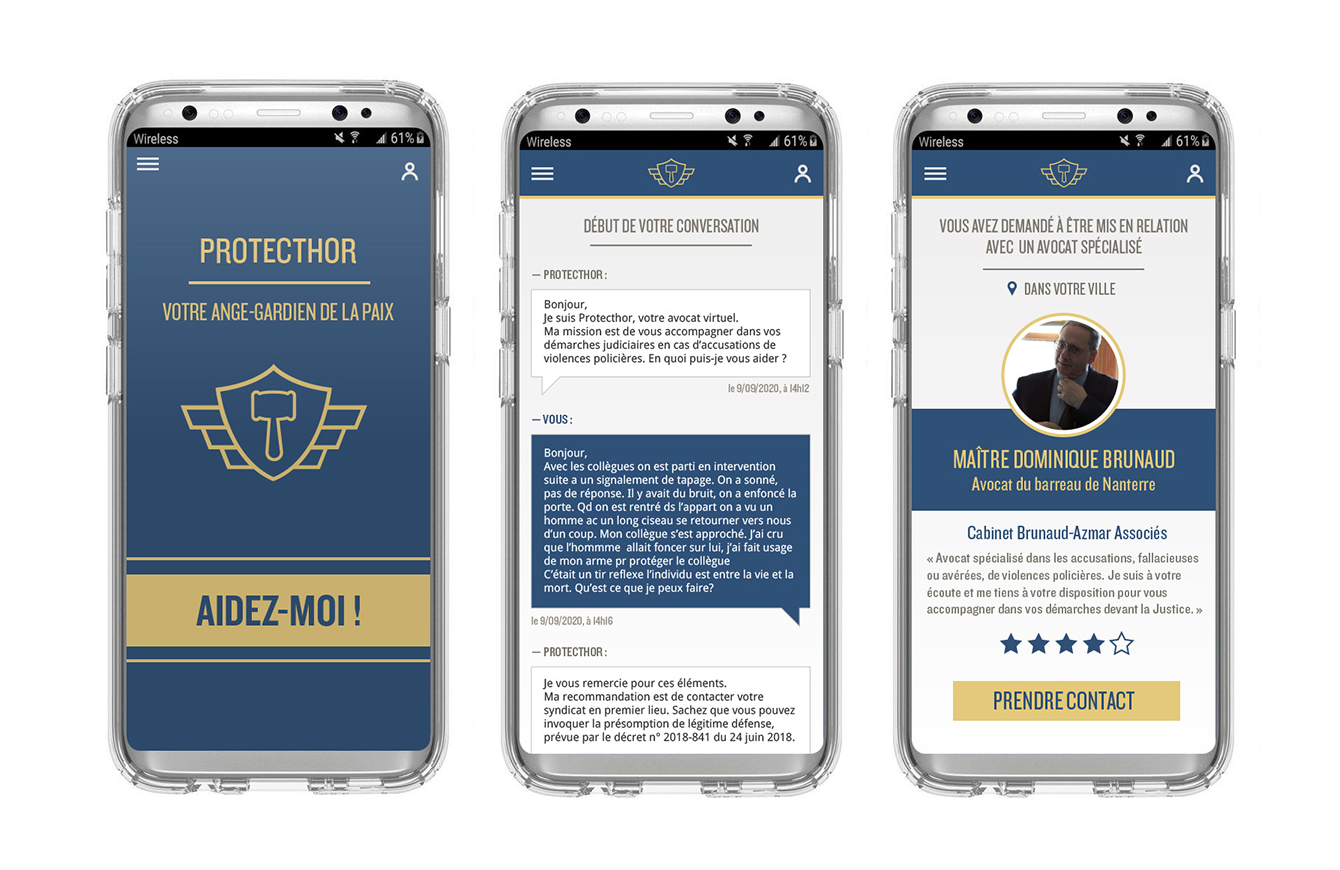
↑ The critical scenario extrapolating Marine Le Pen’s programme explores her role as an advocate for the legitimate state monopoly over the means of violence. In this future, a startup called Polys launches Protecthor, an app that helps police officers legally defend themselves in cases of excessive use of force.
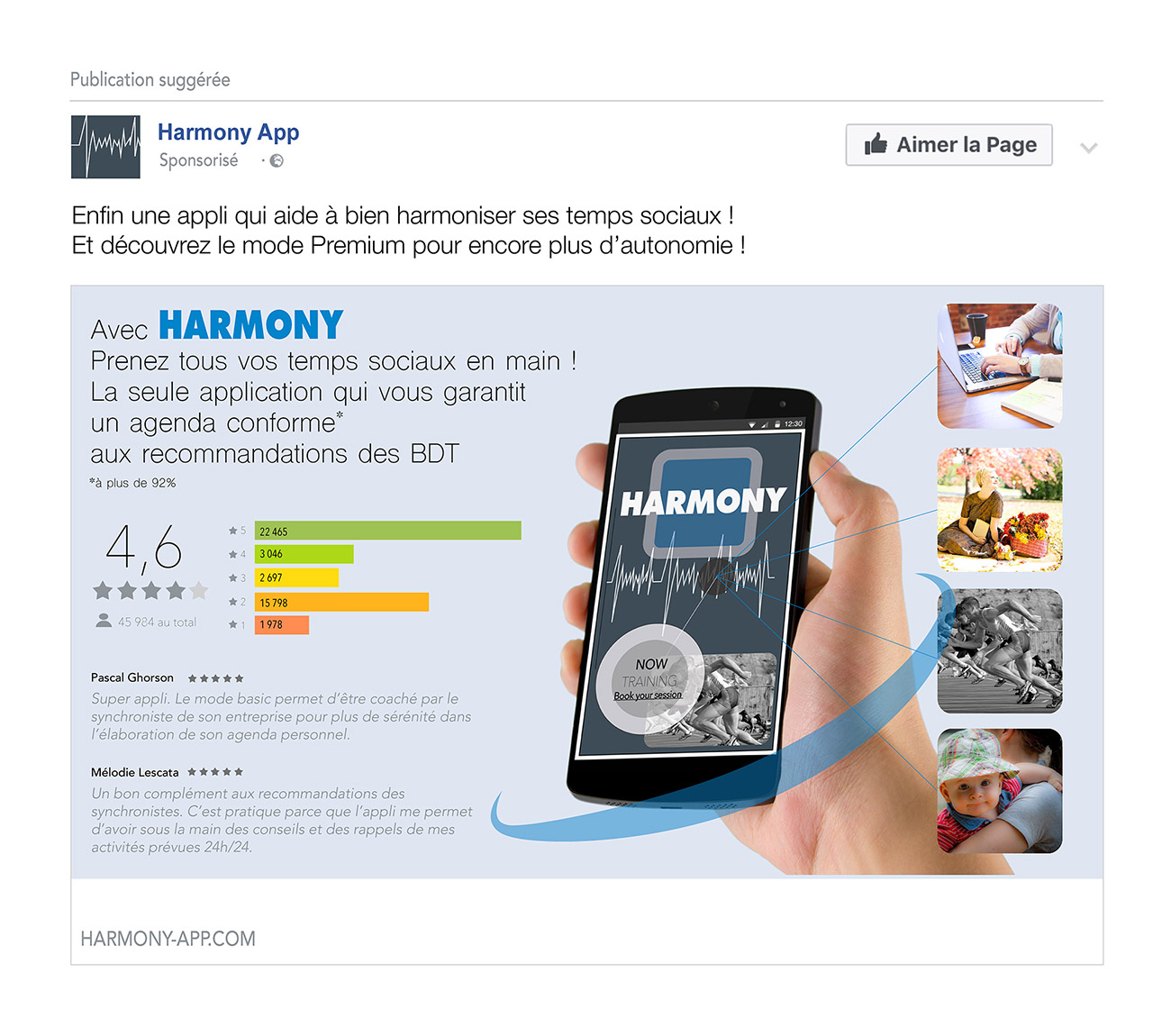
↑ From the critical scenario of Jean-Luc Mélenchon’s programme, this advertisement for the Harmony app promises to help employees optimise their schedules so that their rhythms align with the recommendations issued by the “time offices”.
The second season of Politique-Fiction opened up other avenues and amplified other voices to rethink democracy beyond voting and representation. In the context of the 2017 legislative elections, students from the DSAA Design Interaction course at the Pôle Supérieur de Design de Villefontaine imagined design fiction scenarios questioning the futures of lawmaking and public opinion, as well as the growing role of civic tech in the public sphere. Three main themes structured the speculations:
- The election of our representatives
- Participation in government work
- The exercise of power that is not given to us
These new narratives have explored various social and political issues related to the loss of trust in political representatives and their responsiveness to citizens’ expectations and contributions.
They also addressed contemporary sociotechnical issues and phenomena that influenced elections between 2012 and 2016: algorithmic governance, the promises of big data, the Cambridge Analytica scandal, as well as the rise of fake news and troll farms.
Both Politique-Fiction seasons concluded with a debate session at La Gaîté Lyrique, a cultural centre in Paris, inviting the public to react to the fictions and defend their vision of a pluralistic democracy.
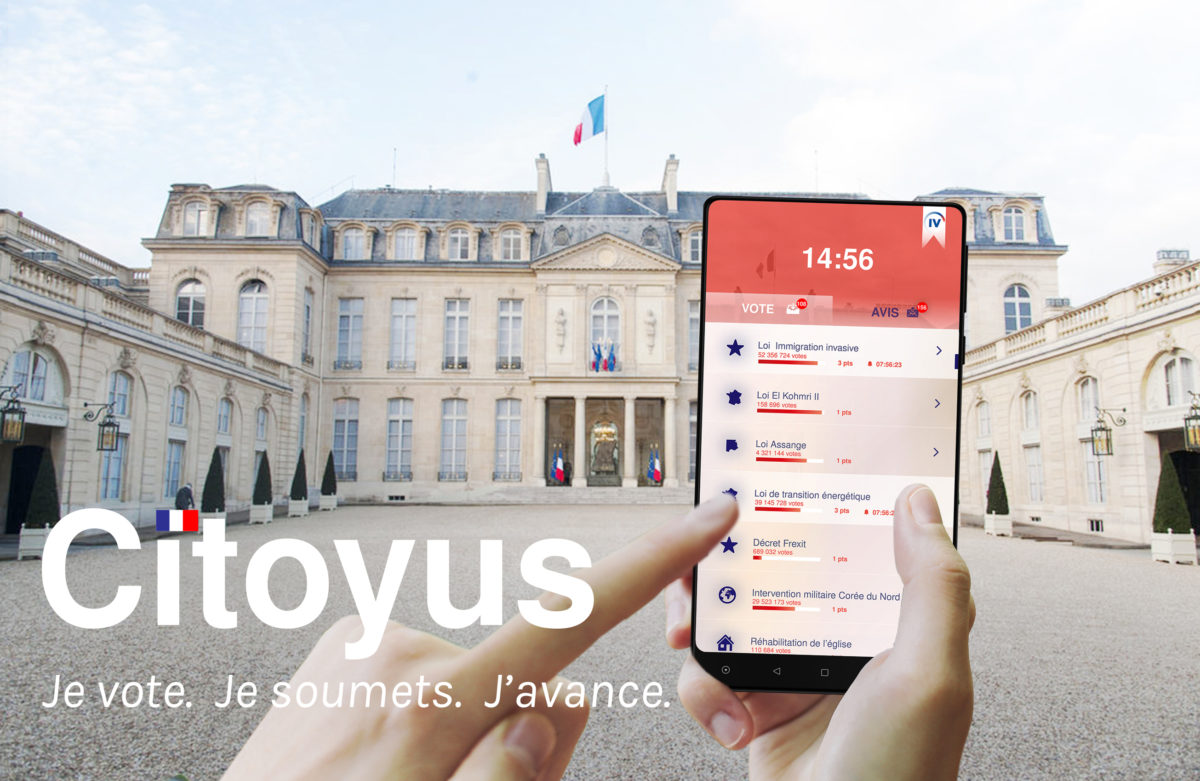
↑ The Citoyus app is at the heart of Direct Citizen, the fictional programme of La République en Marche (Emmanuel Macron’s Party) for 2022. From now on, every citizen must directly vote, via Citoyus, on laws and other decisions at the local, departmental, regional, national, European, and even international levels.
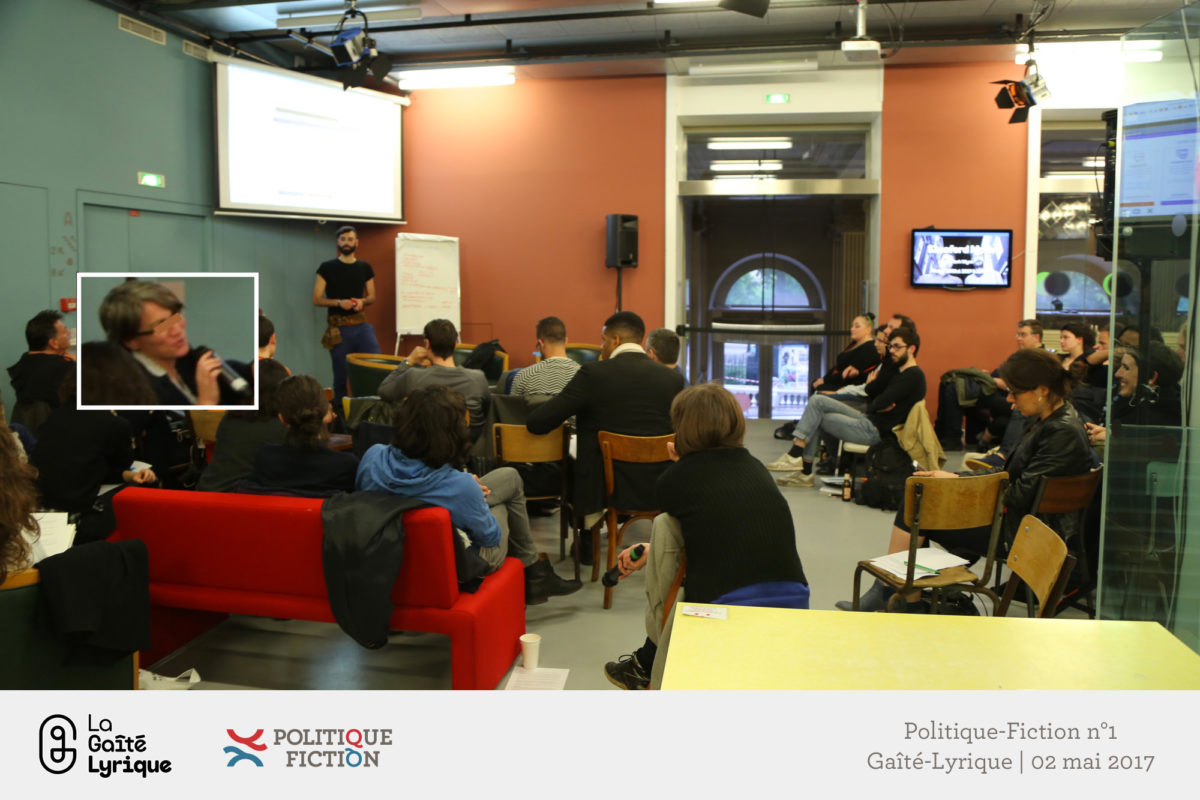
↑ A glimpse of the debate session around the presidential scenarios from Politique-Fiction.
For further reading
↗ Design Fiction : en 2022, tais-toi et vote ? [Usbek&Rica, June 2017, in French]
